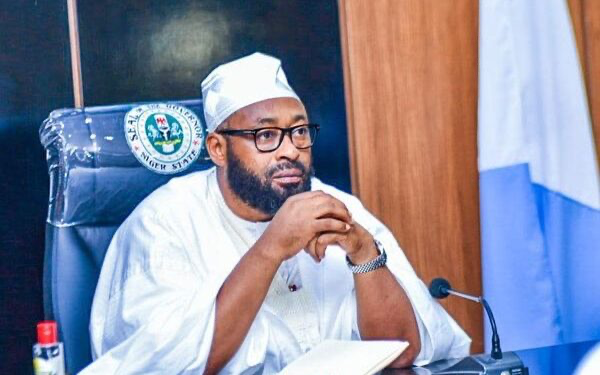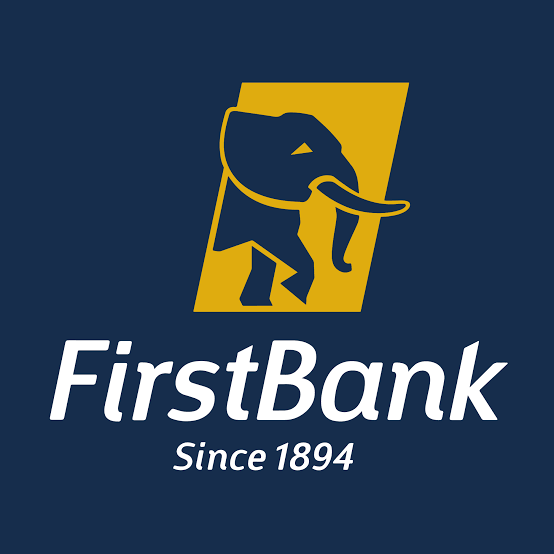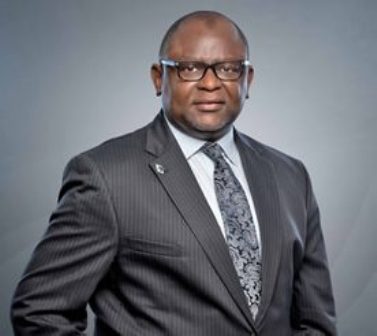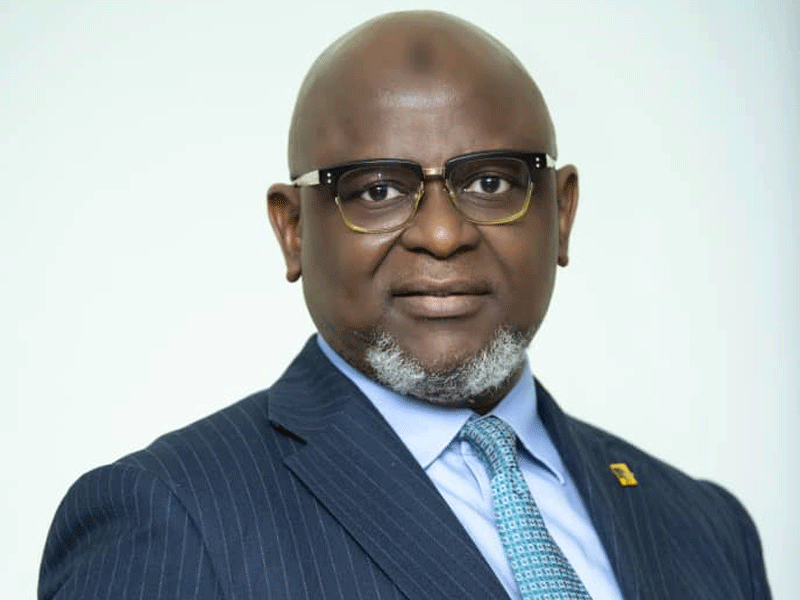Niger State Governor Mohammed Umaru Bago has announced a landmark $100 million offtake agreement with the Saudi Export and Import Bank to supply livestock to the Middle East. The deal, which will begin with a $10 million first tranche, marks a major breakthrough for Nigeria’s non-oil export ambitions and positions Niger as a key player in global protein supply chains.
Bago disclosed the agreement on Tuesday at the FirstBank Agric and Export Expo 2025, describing it as a historic opportunity for Nigeria. “The Saudi government has given us an offtake agreement for $100 million,” he said. “They’ve asked the Nigerian Export and Import Bank (NEXIM) to come in, and we’re starting with the first $10 million.”
The deal comes amid growing demand for livestock in the Middle East, driven by geopolitical and environmental disruptions in the Sahel and Sudan. Bago noted that Saudi Arabia and its neighbours represent a $2.5 billion annual market for meat and animal by-products, stressing that every part of the animal—from skin to hooves—holds commercial value.
“This is not just about meat. We are building the entire ecosystem,” he added.
The governor also highlighted the role of Lagos State in supporting the initiative, citing an existing N5 billion offtake agreement as part of a broader N500 billion supply partnership. He pledged to allocate 100,000 hectares of farmland in Niger to Lagos’ agricultural needs, saying: “We’ll brand it ‘Lagos Farm’ and produce rice, yams, beans, livestock; anything you need, where each crop has a comparative advantage.”
Part of the collaboration involves modernizing logistics. With support from Lagos, LNG-powered cold-chain trucks will be deployed to distribute processed meat across the country. “No more transporting live animals to Lagos,” Bago explained. “We’ll process them in Mokwa and deliver branded, packaged meat directly to consumers.”
Bago also emphasized the importance of value addition in Nigeria’s agricultural exports. He warned that relying on raw commodity exports leaves countries vulnerable to global price shocks. “If you process, you set the price,” he said, pointing to plans to add value to products such as yams, cassava, and poultry.
He called on banks and private investors to back the transformation with affordable financing. “Farmers can’t grow under triple-digit interest rates. We need accessible finance for real development,” he said.
Lagos State Governor Babajide Sanwo-Olu, in his address, described Lagos as the commercial backbone of Nigeria’s agricultural economy. He praised the federal government’s focus on non-oil exports, noting two years of consistent quarterly growth. He added that Lagos’ investments in port modernization, digital trade systems, and logistics corridors would strengthen the agricultural export drive.
“The land available in Niger is the size of four or five states combined,” Sanwo-Olu said. “Governor Bago is helping us unlock 20,000 hectares for now, but we know the potential goes far beyond that.”
FirstBank CEO Olusegun Alebiosu said Nigeria was at a decisive point in its economic journey, one that required bold diversification. “Agriculture, once overlooked, is now at the heart of our national development agenda,” he said, noting that the rebranded FirstBank Agric & Export Expo reflects the bank’s commitment to making non-oil exports a transformative force in the economy.
The Expo, he explained, is designed to keep Nigerians informed about emerging trends in agriculture and non-oil exports while providing practical insights into how innovation and finance can drive national development.
With the Saudi offtake agreement, analysts say Nigeria is laying the foundation for a new export narrative that leverages its vast agricultural resources, reduces dependence on oil, and positions the country as a major player in global food security.










